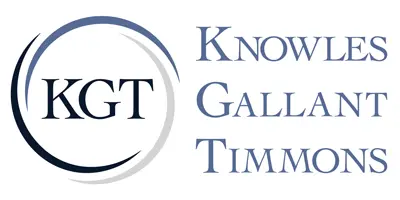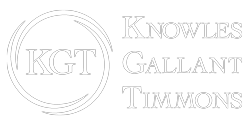By Chris Timmons & Jordan V. Kalteux
In February 2023, an art dealer in Palm Beach, Florida admitted to selling millions of dollars’ worth of counterfeit artwork to unwitting buyers. Daniel Elie Bouaziz of Danieli Fine Art and Galerie Danieli in Palm Beach County purchased cheap reproductions online, forged provenance and authenticity paperwork, and resold the forged artworks for a hefty profit. Two months later, in April 2023, a Los Angeles-based auctioneer confessed to creating forged Basquiat pieces for display in the Orlando Museum of Art. Michael Barzman and an unidentified co-conspirator in the case created 20 to 30 of these fake paintings.
These stories are not unique. The news cycle is filled with headlines of forged and stolen artwork from around the world. So, what should you do if you discover that the art you purchased is forged, or even stolen? And what other legal issues can art buyers encounter? This article will examine the legal aspects of the art market, as well as what to consider when inadvertently purchasing forged and stolen art.
Just like any other transaction, buying and selling art is accompanied by a litany of legal consequences. Copyright law is key to the art market. A copyright is generated automatically each time a piece of art is created. Though the copyright generally belongs to the creator of the work, it can be assigned and sold just like any other property right. Whoever is selling the artwork must either hold the copyright or have permission from the copyright holder to make the sale.
In addition to copyright concerns, it is important to determine if the piece of artwork you are purchasing has any liens or encumbrances attached. If there are liens, you will be unable to obtain a free and clear title without first paying them off. Liens and other encumbrances can become attached to artworks in a variety of ways, but one common method is when the artwork is used as collateral for a loan by the prior owner. When the artwork is sold, the debt will either be paid off from the proceeds of the sale, or it will follow the artwork to the subsequent owner.
The art market has its fair share of scammers and thieves. It is important to be informed about your rights and possible remedies in the event you are faced with such a situation. Always be certain to secure a free and clear title to your artwork. It is also a good rule of thumb to check stolen art databases before making a big purchase. Lastly, always have your artwork examined by a professional to determine its value and authenticity. In the unfortunate event you determine your artwork is forged, or a potential owner has made a claim against your artwork, you have numerous legal avenues to consider to best protect your interests.
Read the full article from IP Watchdog here.

